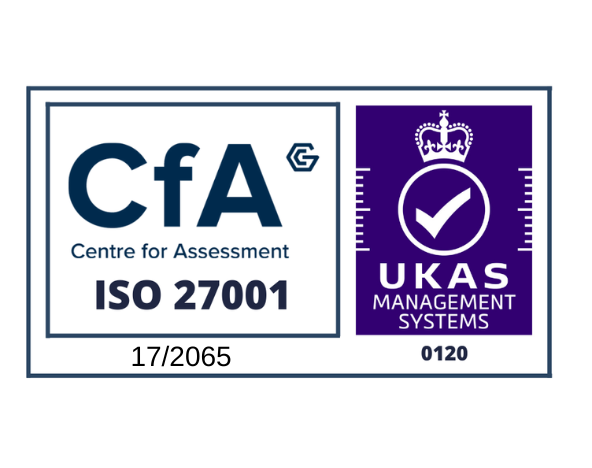In an era where data privacy regulations like GDPR (General Data Protection Regulation) and HIPAA (Health Insurance Portability and Accountability Act) are ever more important, ensuring sensitive information is protected properly is vital. Redaction is a necessary part of removing sensitive data from documents and plays a crucial role in helping businesses meet their compliance goals. Effectively implementing it isn’t always that straightforward, and there are risks if not done appropriately, which is why picking the right tool is key.
Why Redaction Matters
Compliance Requirements: GDPR and HIPAA mandate the protection of personal and sensitive information. Unauthorised disclosures such as data leaks can lead to severe penalties and reputational damage for organisations.
Protecting Privacy: Redaction safeguards individuals’ privacy by preventing unauthorised access to sensitive details such as health records, financial information, or personal identifiers.
Legal and Ethical Obligations: Organisations are legally and ethically bound to uphold confidentiality and protect sensitive data from unintended exposure.
What You Need to Do and How
Identify Sensitive Information: Determine what constitutes sensitive data under GDPR and HIPAA. This will usually include personally identifiable information (PII), which means names, addresses, financial details, health records, and more.
Implement Redaction Tools: Use specialised software designed for redaction, with proven security and data protection track records, such as Projectfusion.
Document Tracking: Maintain records of redacted documents, including who accessed them and when, to ensure compliance with audit requirements. Projectfusion’s in depth reporting tools can help here.
Risks of Improper Redaction
Incomplete Redaction: Failure to thoroughly redact can expose sensitive information, leading to breaches and non-compliance penalties.
Metadata Leakage: Document metadata can contain unredacted information, compromising privacy if not properly handled.
Ineffective Tools: Many standard PDF editors (e.g., Adobe, Foxit) are not designed for secure redaction, potentially leaving sensitive data accessible.
Consequences of Non-compliance
Legal Penalties: Fines under GDPR can reach up to 4% of annual global turnover or €20 million, whichever is greater. HIPAA violations can lead to significant monetary penalties.
Reputational Damage: Data breaches erode trust and credibility with clients, partners, and the public, impacting long-term business viability.
Loss of Competitive Edge: Failure to comply with data protection regulations can limit opportunities in markets that prioritise privacy and security.
The Pitfalls of Existing Tools
Limited Security Features: While tools from Adobe and Foxit offer basic redaction, they often fall short in fully removing sensitive data from documents, leaving room for data leaks.
Metadata Issues: Document metadata may still contain unredacted information, posing risks even after apparent redaction.
Lack of Audit Trails: Inadequate tracking of redacted documents can lead to compliance gaps and regulatory scrutiny.
Effective redaction is not just about using any tool but employing the right technologies to safeguard sensitive information. For GDPR and HIPAA compliance, organisations must adopt specialised redaction tools that ensure thorough removal of sensitive data while maintaining document integrity and security. By prioritising robust redaction practices, businesses can mitigate risks, protect privacy, and uphold their legal and ethical obligations in an increasingly data-sensitive world. Try Projectfusion today to get access to our powerful redaction tool to help meet your compliance goals with ease.






